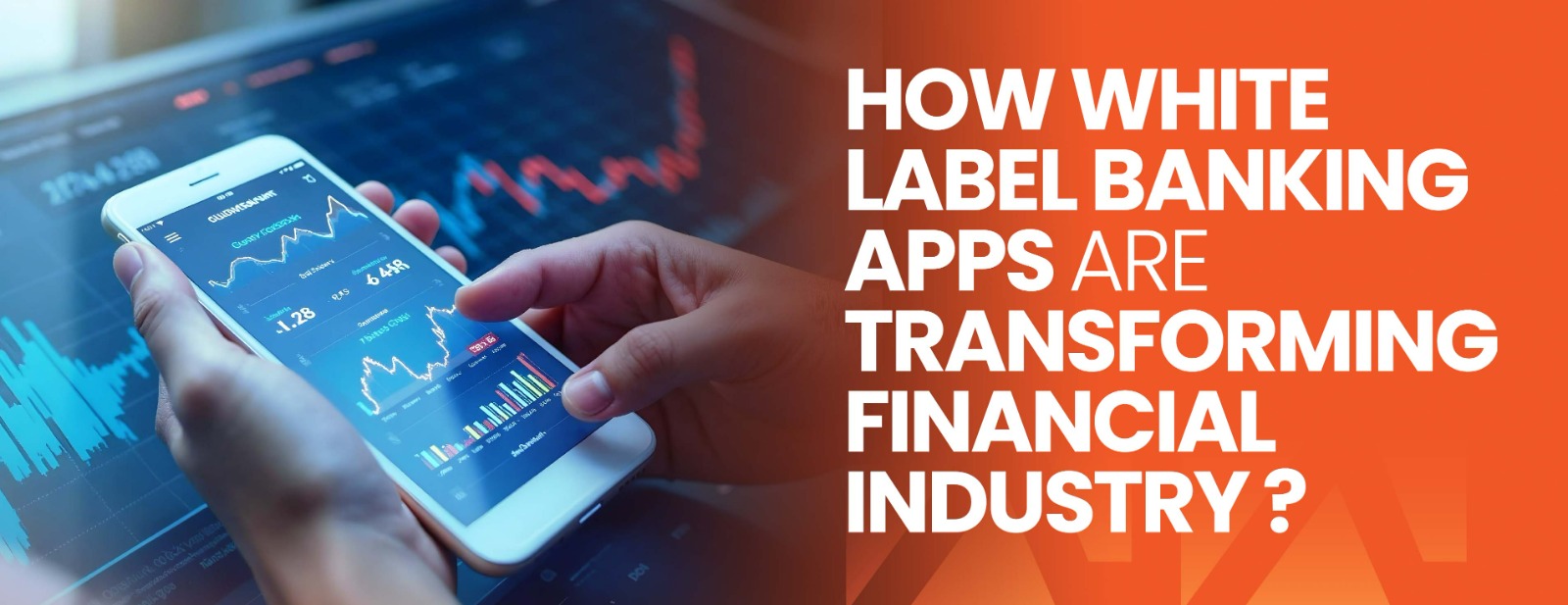In today’s fast-paced world, entrepreneurs can feel isolated working alone. But reflecting deeper, our greatest strengths have always come from working together – combining skills, expertise and experience for mutual benefit. The white label approach nurtures cooperation in a practical way.
By offering partnership from the start instead of going it alone, platforms empower founders to spend less time “reinventing the wheel” on basic infrastructure. This allows more focus on creating real customer value through unique offerings reflecting their passions. At the same time, established companies gain ambitious partners to help expand their visions too.
But before we begin diving into the many benefits of white label platforms, first we need to understand what it actually is.
What is a White Label Platform?
A white label platform allows companies to offer products and services without having to build all the underlying technology from scratch. Instead, they leverage systems already developed by white label providers.
White label providers handle the complex operational work behind the scenes like managing security, payments, data storage, maintenance and updates. This frees up clients to focus on branding, marketing, customization and customer experience.
This allows new companies, especially startups, to quickly launch customized offerings targeted to their niche without significant upfront costs. They don’t need the resources to develop everything independently from the ground up.
Multiple clients can efficiently share the same back-end platforms at once. This provides benefits like reduced risk, scalability and lower costs through economies of scale for both clients and providers.
White labeling provides a faster way for entrepreneurs to test business ideas and gain traction before determining if they need a fully custom solution later as they grow. It’s a mutually beneficial, low commitment partnership approach.
The Pros of White Label Banking Apps
The financial sector is changing dramatically in the current fast-paced digital era, and banking is no exception. As technology advances, cutting-edge solutions that improve user experience, expedite procedures, and provide previously unheard-of convenience are replacing conventional banking techniques. The rise of white-label banking apps is one such innovative trend that is revolutionizing how financial institutions function and how consumers interact with their money. Let’s examine the several advantages of using these white-label banking applications.
- Compliance and Regulations: It can be difficult to navigate the complicated world of banking rules. Apps for white-label banking are created in compliance with rules and industry standards. By using these apps, banks can be sure that they are providing their clients with safe and legal financial services.
- Data Analytics: Banks that want to comprehend the behavior and preferences of their customers might greatly benefit from data-driven insights. Strong analytics capabilities are frequently included in white-label apps, allowing banks to collect useful information, improve their offerings, and make wise business decisions.
- Seamless Integration: White-label banking applications easily interface with a range of financial goods and services from third parties. Customers now have easy access to a full financial ecosystem through this connection, which lets them handle loans, investments, payments, and insurance all from within a single platform.
- Advanced Security Features: The financial industry places a high priority on security. Modern security features like multi-factor authentication, biometric recognition, and end-to-end encryption are included in white-label banking apps. Customers are encouraged to adopt digital banking with confidence thanks to these strong security safeguards.
- Scalability: Scalability becomes an important consideration as banking operations grow. Because white-label banking apps are naturally scalable, they can handle expanding user bases and changing business requirements without sacrificing security or speed.
- Effortless Branding: Financial institutions can offer state-of-the-art digital services under their own brand name thanks to white-label banking apps. Customers are more likely to recognize and trust the brand because of its seamless branding, which guarantees consistency across several platforms.
- Customizability: White-label banking applications provide a great deal of personalization. The features, style, and functionality of the app can be customized by financial institutions to meet their unique needs. This adaptability guarantees that the app will easily fit the bank’s own products and clientele’s requirements.
- Enhanced User Experience: When it comes to digital banking, user experience is crucial. White-label apps include responsive layouts, easy navigation, and user-friendly interfaces since they are made with the user in mind. Higher customer satisfaction and engagement rates are a direct result of this improved user experience.
White Label Banking Apps
The following are a few instances of mobile banking apps featuring white label features:
1. Antier
Located in California, Antier has been a prominent player in the fintech industry for over a decade. They have established themselves as a trusted name when it comes to crypto banking and crypto-friendly banking, including white-label solutions. Antier provides services that include While label Neo Banking Platforms, Crypto Banking Solutions, Mobile Banking App Development and Crypto Friendly Neo Bank Solutions.
Key Features:
- Multi-Layer Security: Antier places a high priority on securing transactions and user data with multi-layered security protocols.
- Scalability: Their platforms are designed to scale seamlessly as user demand grows.
- Customization: Antier offers highly customizable solutions to meet the unique needs of their clients.
- Cross-Platform Compatibility: The platforms work across multiple devices and operating systems.
- Regulatory Compliance: Antier ensures its solutions adhere to all relevant financial regulations.
2. Suffescom
Hailing from Virginia, Suffescom is a prominent player in the fintech industry. They have been delivering reliable and robust solutions for over a decade, earning a reputation for dependability. They provide services that include White-Label Neo Banking Platform Development, Core Banking System Integration, Digital Payment Solutions and Crypto Banking Solutions.
Key Features:
- Blockchain Integration: Suffescom offers blockchain-based solutions for enhanced security and transparency.
- Advanced Reporting: Their platforms include robust reporting and analytics tools.
- Payment Gateways: Seamless integration with various payment gateways for flexibility.
- Multi-Currency Support: Their platforms accommodate multiple currencies, catering to a global user base.
- 24/7 Customer Support: Suffescom provides round-the-clock customer support to ensure smooth operations.
3. Accubits
Accubits, a California-based company, is a leading player in the fintech and blockchain sectors. They leverage their extensive experience and strong commitment to innovation to offer white label Neo banking solutions. Their services include White Label Neo Banking Platform Development, Blockchain Integration for Banking Solutions and Data Security and Privacy Services.
Key Features:
- Blockchain Expertise: Accubits utilizes blockchain technology to enhance the security and transparency of financial transactions.
- Enhanced Data Security: Their platforms prioritize data security, including end-to-end encryption and secure storage solutions.
- Personalized Banking Experiences: Accubits designs platforms that provide highly customized experiences for users.
- Regulatory Compliance: They ensure their solutions adhere to financial industry regulations.
- AI-Powered Customer Support: Accubits integrates AI-driven customer support to ensure smooth operations and enhanced user assistance.
Conclusion
It can be difficult to navigate the complicated world of banking rules. Apps for white-label banking are created in compliance with rules and industry standards. By using these apps, banks can be sure that they are providing their clients with safe and legal financial services.
In conclusion, by providing a multitude of advantages to both financial institutions and consumers, white-label banking apps have completely transformed the financial sector. These applications have become essential tools for contemporary banks due to their cost-effectiveness, easy branding, improved user experience, and sophisticated security measures.
A reputable solution provider, such as Lambda Payments, which has successfully established and run its own digital wallet, can provide not only cutting-edge technology but also the business insights and support required for long-term success.






